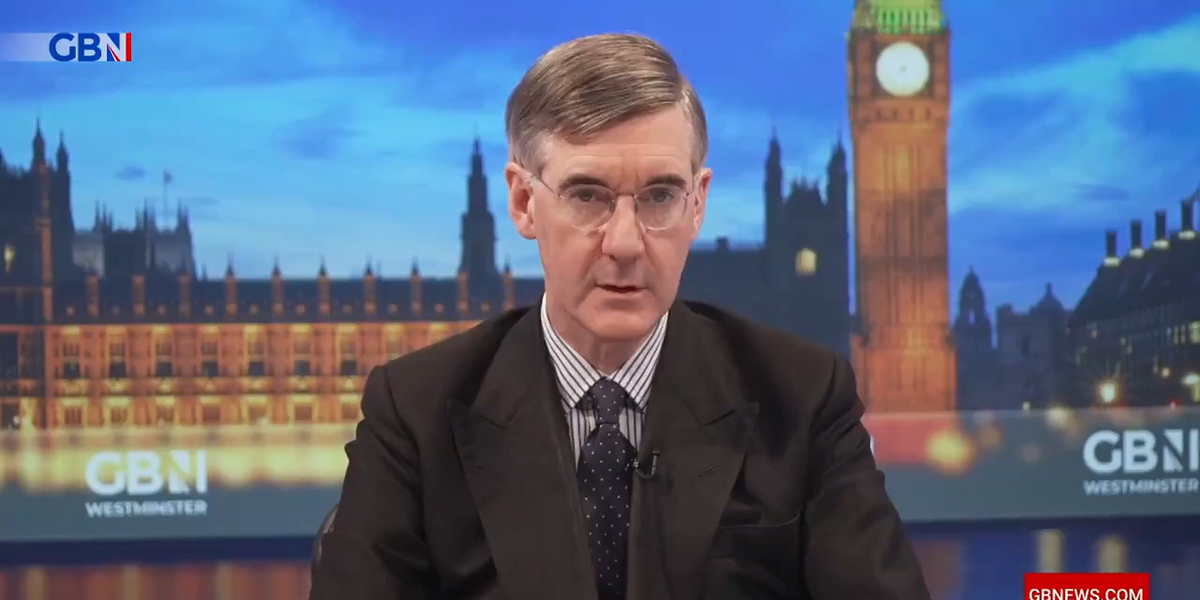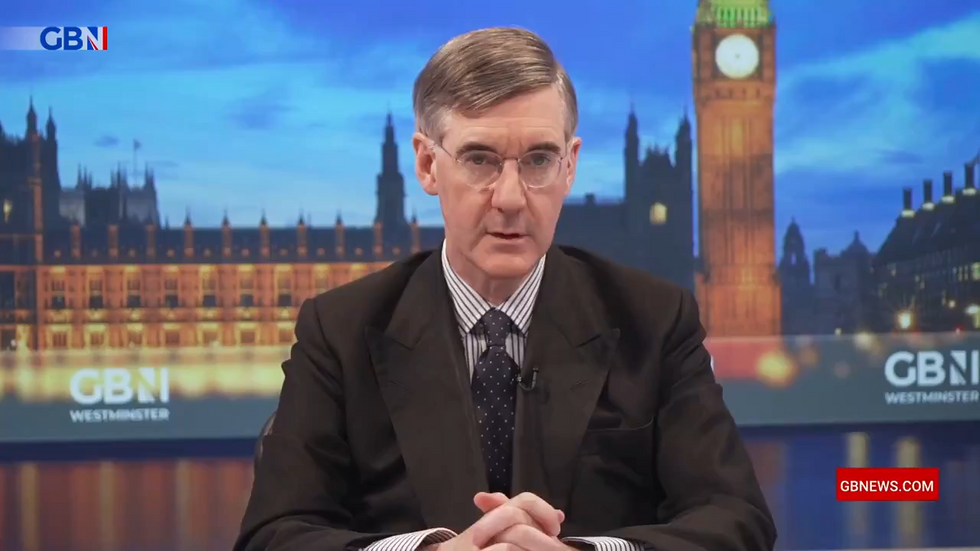
 Press Releases
Press Releases 
We are approaching the fourth anniversary of the United Kingdom locking down amid the Covid-19 pandemic.
It was a moment that changed the nation, indeed changed the world as other countries followed suit.
Nearly half a trillion pounds of quantitative easing followed, leading to a significant inflation. Our economy saw one of its largest ever contractions.
Supply chains were disrupted, businesses failed, people lost their jobs, childhood development was disrupted. Mental health problems accelerated.

Jacob Rees-Mogg shares his thoughts on the Covid Inquiry
GB News
We now have 700,000 more people out of work than we did before the lockdown, and the economy has hardly sparkled since.
In spite of all of this, I think considering the novelty of the virus and the situation, the first lockdown was justified. However, the opposition at the time was always pressing for more lockdowns, more closures and more restrictions.
There were hardly any moderating voices in our political establishment. Indeed, the moderating voices were inside the government and a few in Parliament itself.
It was Boris who ultimately successfully resisted the pressure to lock down for a micron, and thank goodness he did.
However, the consensus that has prevailed since we left lockdown has been that the only problem, the only mistake with lockdowns, were that they were too late, too mild, too infrequent, too short. And this view seems to have engulfed the Covid inquiry.
A number of scientists have made these various suggestions about lockdown to the inquiry and went unchallenged, unchallenged on the view that it wasn’t harsh enough.
And this is why today’s news about a letter from more than 50 leading public health academics accusing the inquiry of fundamental bias and a failure to examine the costs of the lockdown, is welcome.
The letter, which was organised by Doctor Kevin Bardosh, an expert in infectious medicine, lambasted the inquiry for the following: “inquiry has shown clear signs of bias and the fact that the inquiry originated with petitions from bereaved families, it has excluded an all encompassing approach that includes those who suffered from the effects of lockdown”.
The inquiry appears to accept as gospel truth the assumption that lockdowns are proportionate for when public health consensus prior to the pandemic was that lockdowns had weak evidence of effectiveness.
The inquiry lacks impartiality when it comes to questioning expert witnesses. It has given a lot of time to sage scientists, despite the fact that it is their interests to justify the policy recommendations they themselves made.
The inquiry has taken a legalistic on the scientific approach, leaving gaps in scrutinising scientific policy. And last, it risks reducing public trust. And that, perhaps, is the most crucial point of all.
This inquiry could cost you, the taxpayer, as much as half a billion pounds. And what for? To reinforce the politicised narrative that the only problem with lockdowns was that they were too late and too short because Boris Johnson wasn’t paying attention. It’s not an inquiry at all, but rather an ideological stitch up as ever.
And I would say it’s a great shame. We asked nearly 50 scientists who represent the pro lockdown position if they would like to come on and defend it. Not one of them said yes.
24World Media does not take any responsibility of the information you see on this page. The content this page contains is from independent third-party content provider. If you have any concerns regarding the content, please free to write us here: contact@24worldmedia.com